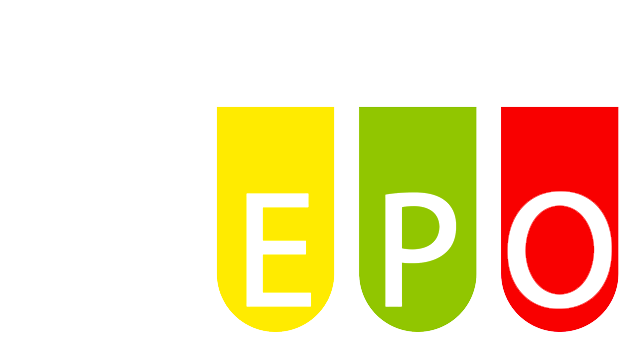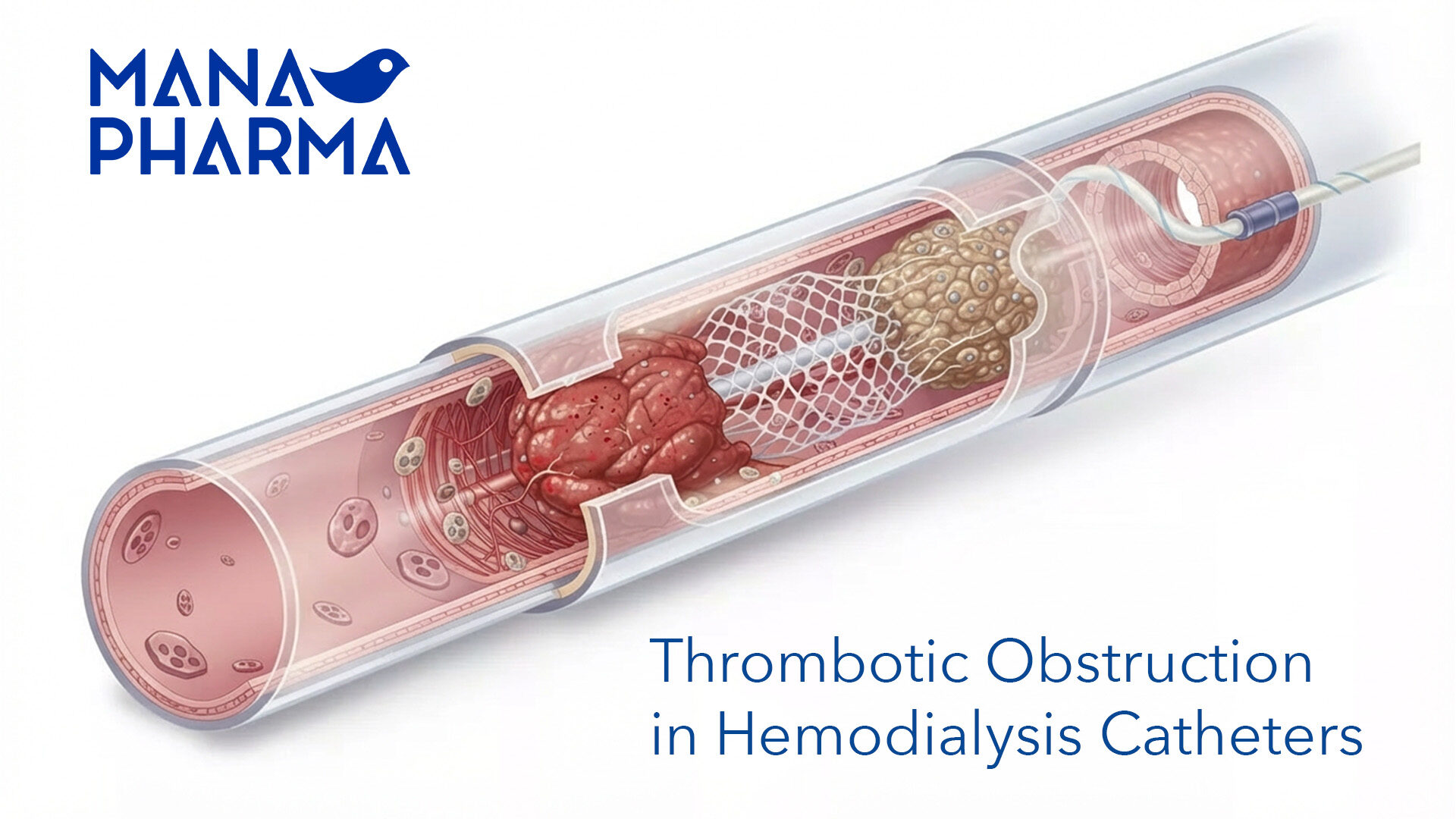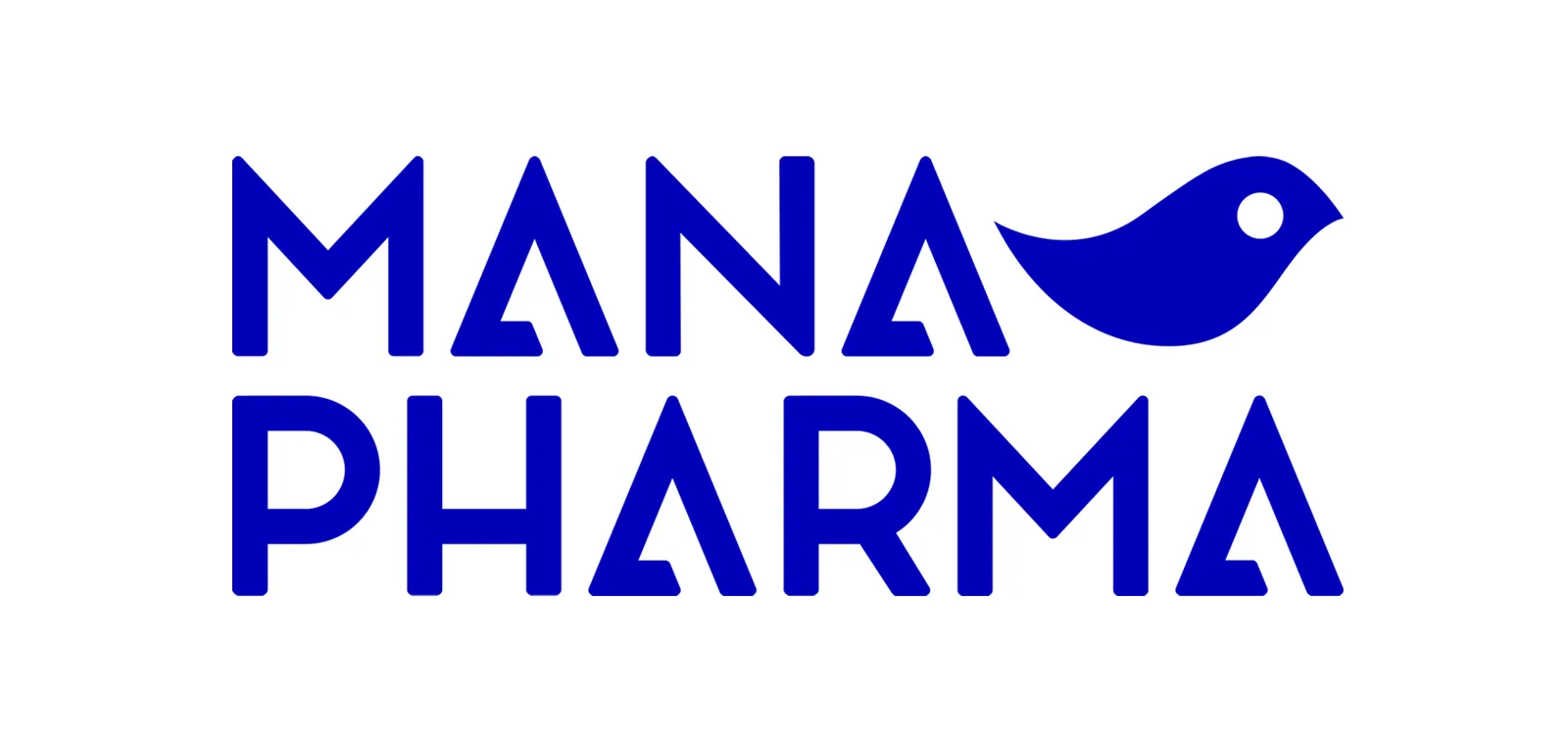Every year, the World Health Organization (WHO) reminds us of something fundamental: vaccines save lives. In 2025, the theme is:
“Immunization for all is humanly possible.”
Under this slogan, World Immunization Week 2025 aims to strengthen the global commitment to ensuring that everyone—from infants to the elderly, and entire communities—is protected against preventable diseases.
Governments, doctors, and communities are joining forces to emphasize an undeniable truth: vaccination is a right and a powerful tool against diseases that, thanks to science, should no longer be a threat.
The Power of Vaccines: More Than Just a Shot
We live in a world free of smallpox (eradicated in 1980), with polio nearly wiped out and measles under control. This is no accident—it’s the result of decades of vaccination. According to the WHO, 2 to 3 million deaths are prevented each year thanks to vaccines for diseases like diphtheria, tetanus, and whooping cough.
But their impact goes further: when you get vaccinated, you protect those who can’t—such as newborns, people with severe allergies, or weakened immune systems. This is what we call “herd immunity,” a collective shield that stops epidemics.
Yet, it’s surprising that in 2025, we still need to talk about this. That’s why the WHO has set clear goals:
Educate: So no one doubts that vaccines are safe and necessary.
Fight for equality: While some countries have surplus vaccines, others face shortages. This must change—a commitment ingrained in MANA PHARMA since its founding, from distributing medicines to supporting underserved communities.
Debunk myths: Misinformation has revived forgotten diseases. Today, measles is resurging in Europe due to false claims.
Innovate: The rapid development of COVID-19 vaccines proved that when there’s will, science delivers.
Progress Made… and What’s Left to Do
We’ve achieved historic milestones:
Smallpox is history.
Polio persists in only two countries (Afghanistan and Pakistan).
Measles declined, though it’s rebounding where vaccination rates drop.
But 20 million children still lack basic vaccines (UNICEF data). The pandemic made things worse—many immunization programs stalled, and now we must catch up.
The challenges ahead are clear:
Improve access and equity. In sub-Saharan Africa or rural Latin America, getting vaccinated remains a challenge.
Combat misinformation. Lies like “vaccines cause autism” (repeatedly debunked) persist. Conspiracy theories are growing—not just flat-Earthers, but also anti-vaxxers, which is far more dangerous.
Stay committed. Global crises like COVID-19 diverted resources, but we can’t let diseases like polio or diphtheria resurge.
Vaccination Is an Act of Generosity
Getting vaccinated doesn’t just protect you—it protects others. So:
Get vaccinated and vaccinate your children (follow your country’s schedule).
Share reliable information. If you see a myth online, counter it with facts! You can even reach out to us—at MANA PHARMA, we’ll help debunk dangerous falsehoods.
Vaccination isn’t just about self-care; it’s about protecting those around you. World Immunization Week reminds us that together, we can defeat diseases that were once death sentences.
The challenge remains: leave no one behind. Health, like human rights, must be universal.







